While the whole world is rushing to develop and apply artificial intelligence (AI), Microsoft CEO Satya Nadella believes the biggest challenge lies not in the technology but in people.
He stated that AI is profoundly changing the nature of work, forcing traditional operational processes to transform and adapt.
"When you're working with 99 AI assistants, you can't just stick to the old ways," Nadella said, using an analogy. "Even the scope of your work will change."
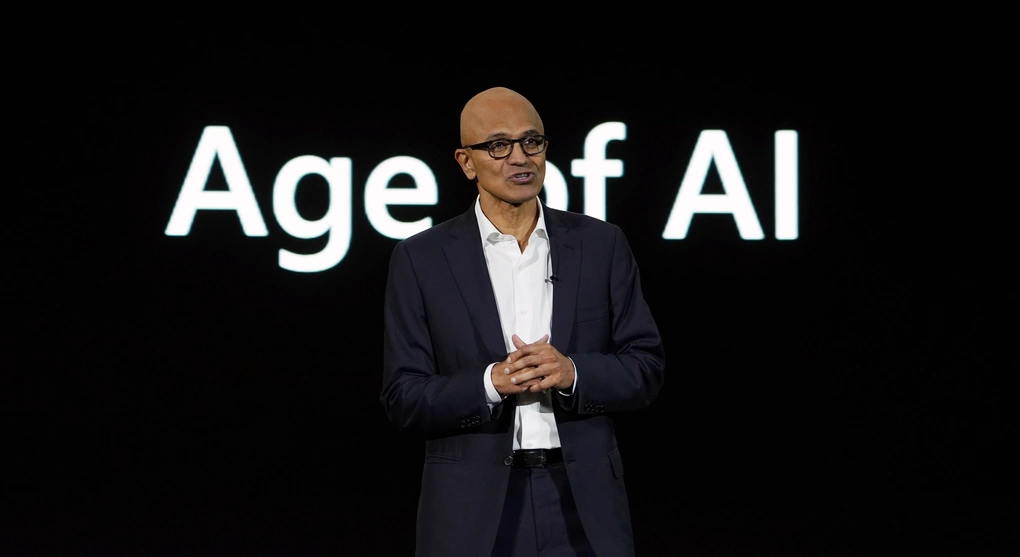
According to Satya Nadella, the most difficult thing about AI is not the technology, but changing the way people work (Photo: Getty).
AI is reshaping every job.
A prime example cited by the Microsoft CEO is LinkedIn, the professional social network owned by the company. According to Nadella, AI is driving the consolidation of previously separate roles such as product design, UI programming, and product management into a new position: the "full-stack builder."
"This isn't just a technological change; it's a fundamental shift in the personnel structure," he said. "The question is how to rebuild the team with completely new roles and responsibilities?"
This also partly explains Microsoft's move to cut 6,000 jobs (less than 3% of its global workforce) in May. Although the company claims the layoffs were not related to performance, according to Business Insider, the goal was to streamline middle management and increase the proportion of programmers in projects. Microsoft wants each manager to supervise more employees, and prioritizes personnel who can write code rather than just manage projects.
Dividing opinions: Is AI an opportunity or a disaster for jobs?
While Nadella tried to maintain a neutral stance, other tech leaders were divided into two distinct camps: optimists and pessimists.
Jensen Huang, CEO of chipmaker Nvidia, believes that AI will change everyone's work, including his own. At the Vivatech conference in Paris last month, Huang shared: “AI has changed my work. Some positions will disappear, but at the same time, AI is opening up unprecedented opportunities for innovation.”
Conversely, Dario Amodei, CEO of Anthropic, one of the leading AI startups today, issued a chilling warning: AI could eliminate 50% of entry-level office jobs within the next five years.
"We, the creators of this technology, have a duty to be honest about what's coming. But I don't think many people are actually realizing that," Amodei told Axios.
"Everyone needs to learn how to use AI."
In this context, business leaders are urging employees at all levels to proactively engage with and become familiar with AI as early as possible.
Amazon CEO Andy Jassy recently sent out an internal memo, urging all employees to “actively learn about, attend workshops and training courses, and experiment with AI whenever possible.”
He was not shy about the prospect of staff reductions: "AI will change work processes, and that means the company's workforce will be streamlined in the next few years."
Reid Hoffman, co-founder of LinkedIn, argues that AI is no longer a "high-tech" phenomenon but should become a part of the daily work of every team, from small startups to large corporations.
While creating countless new opportunities, AI is also posing a difficult dilemma for every organization: change or fall behind. And as Satya Nadella said, the barrier is not the technology itself, but rather people's habits, mindsets, and willingness to change.
Source: https://dantri.com.vn/kinh-doanh/lam-viec-kieu-cu-mat-viec-kieu-moi-canh-bao-tu-ong-chu-microsoft-20250627112822134.htm



![[Photo] Prime Minister Pham Minh Chinh holds a phone call with the CEO of Russia's Rosatom Corporation.](/_next/image?url=https%3A%2F%2Fvphoto.vietnam.vn%2Fthumb%2F1200x675%2Fvietnam%2Fresource%2FIMAGE%2F2025%2F12%2F11%2F1765464552365_dsc-5295-jpg.webp&w=3840&q=75)



![[Photo] Closing Ceremony of the 10th Session of the 15th National Assembly](/_next/image?url=https%3A%2F%2Fvphoto.vietnam.vn%2Fthumb%2F1200x675%2Fvietnam%2Fresource%2FIMAGE%2F2025%2F12%2F11%2F1765448959967_image-1437-jpg.webp&w=3840&q=75)
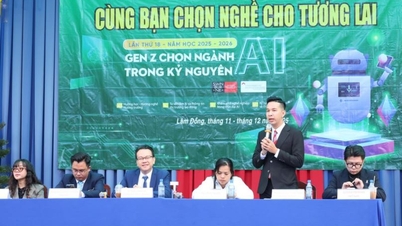

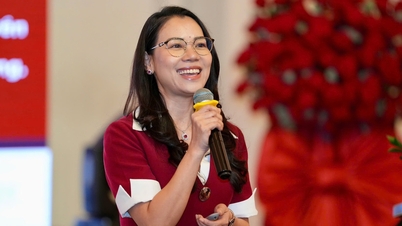



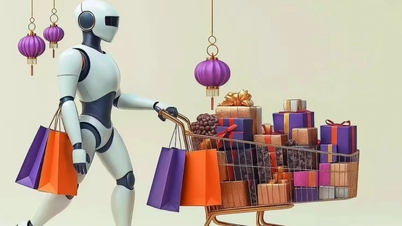
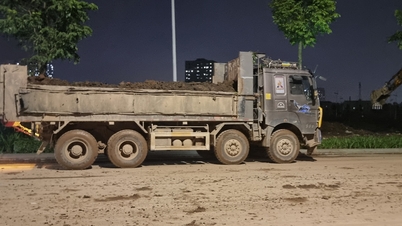

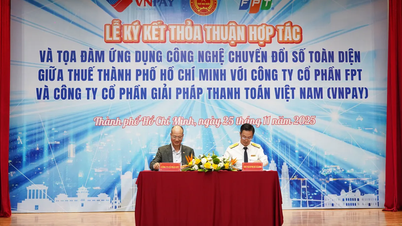

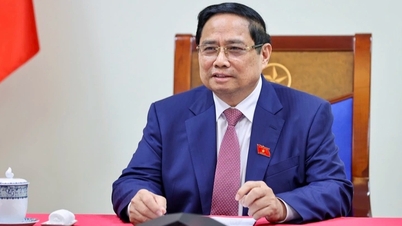

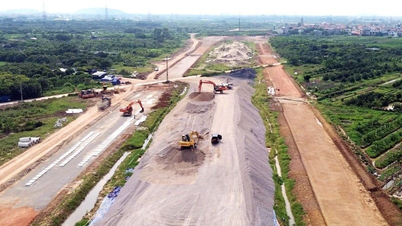












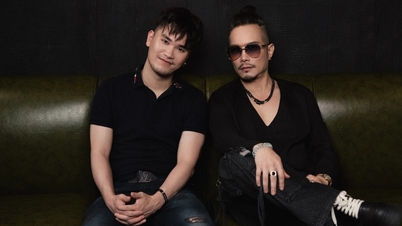

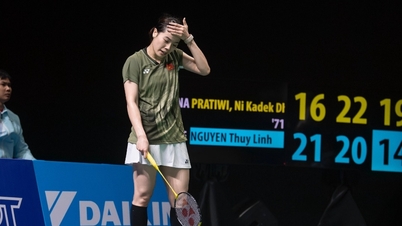





















![[OFFICIAL] MISA GROUP ANNOUNCES ITS PIONEERING BRAND POSITIONING IN BUILDING AGENTIC AI FOR BUSINESSES, HOUSEHOLDS, AND THE GOVERNMENT](https://vphoto.vietnam.vn/thumb/402x226/vietnam/resource/IMAGE/2025/12/11/1765444754256_agentic-ai_postfb-scaled.png)





























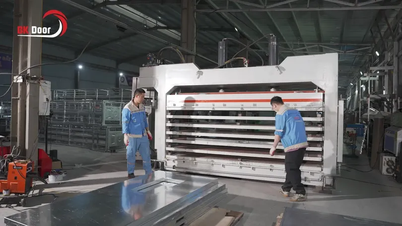





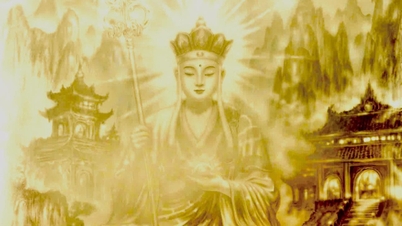















Comment (0)